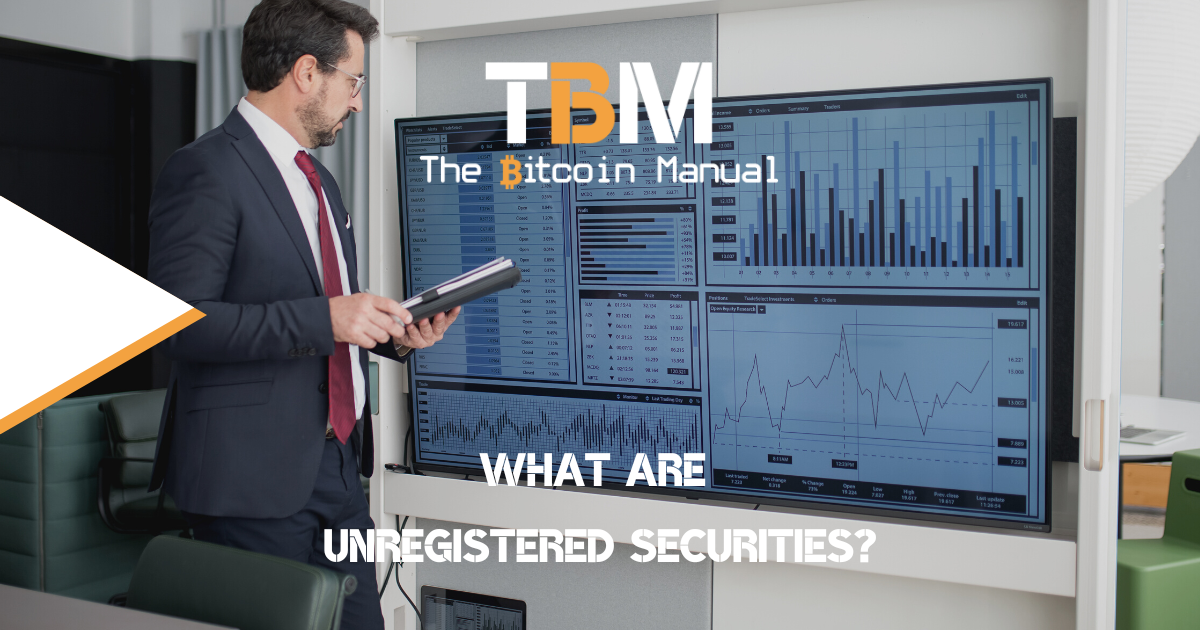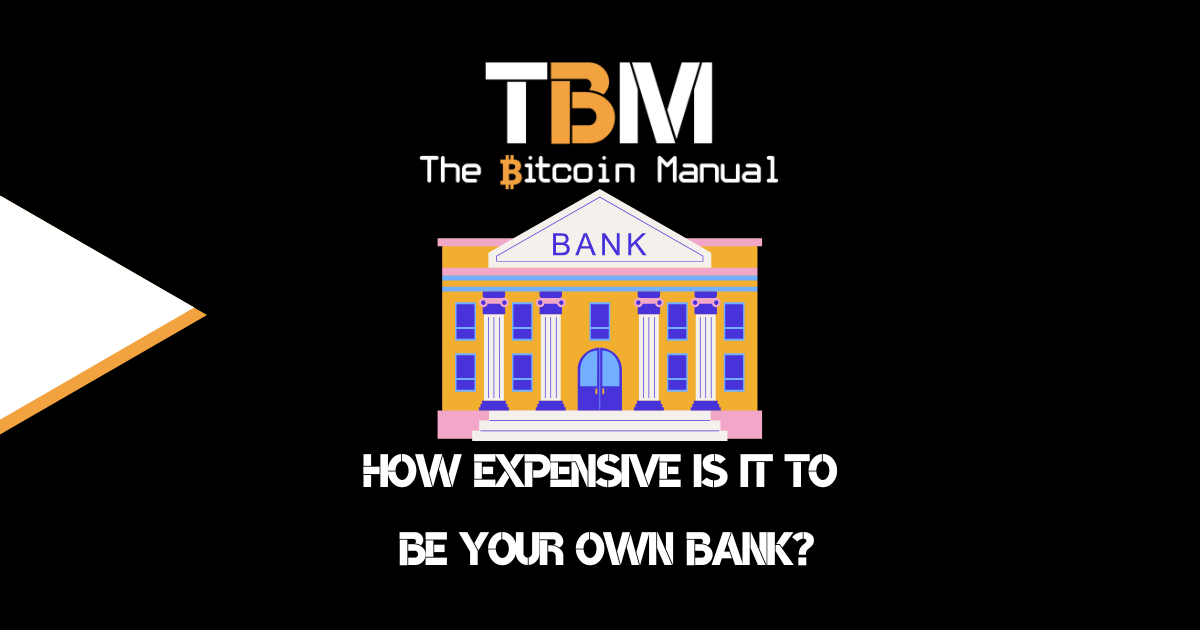As an investor looking to preserve your purchasing power, you will need to explore different asset classes and investment opportunities, a path that will lead you towards owning financial securities, be that directly or indirectly.
Securities represent the most common investment contracts. When saving for retirement, most people choose to put a portion of their savings in equity or debt securities. Registered securities markets are also important for the market as they allow companies to raise capital from the public to expand further and grow the business.
The term “security” in a financial sense refers to a fungible, negotiable financial instrument that holds some type of monetary value. A financial security can range from stocks which represent ownership in a corporation, a creditor relationship with a governmental body or a corporation represented by owning that entity’s such bond, or rights to ownership as represented by an option.
You can either choose direct exposure to a certain security or you can opt to purchase a basket of securities known as ETFs (Exchange-traded funds) and ETNs (Exchange traded notes).
What does it mean to be registered?
Before securities—like stocks, bonds, and notes—can be offered for sale to the public, they first must be registered with the regulator in the country of issuance or market they wish to trade in. For example, n the US, this is done by the Securities and Exchange Commission (SEC).
Any financial product that can be considered a security and does not have an effective registration statement on file with the SEC is considered “unregistered.”
This covers a range of securities like:
- Equity Securities
- Debt Securities
- Hybrid Securities
- Derivative Securities
- Asset-Backed Securities
Securities regulators worldwide might not have the same regulations, but they all demonstrate an interest in the relationship between sustainability issues as their core mandate. While their specific roles, responsibilities and authorities differ from jurisdiction to jurisdiction, securities regulators are recognised by IOSCO to have three overarching and interrelated objectives generally:
- To protect investors;
- To ensure that markets are fair, efficient and transparent; and
- To reduce systemic risk.
The point of registered securities is to provide investor protection to the general public and to limit access to novice investors who either do not understand the risks they take or do not know how to evaluate investment opportunities correctly.
Registered securities must meet specific requirements and provide certain securities to regulators to retain their status as regulated security and make that information publicly available.
How are unregistered securities handled?
Unregistered shares have fewer investor protections and pose different risks than registered securities. As a result, they can often offer attractive returns to investors and are often used as a source of volatility or an uncorrelated bet in investor portfolios.
Since companies can only sell unregistered shares to “qualified investors”, the class of investor is far more sophisticated and comfortable with taking the risk and know how to hedge against it. To be considered a “qualified investor,” you must be a high-net-worth individual (HNWI) or a high-income investor.
Unregistered securities are a breeding ground for scams
We cannot assume that every unregistered security is a scam, but it does provide a breeding ground for scams to emerge. Investors who play in these markets realise the risks they take and the absence of protection and can be taken advantage of through unregistered securities scams.
These scams usually advertise the sales as private offerings with little to no risk plus high returns due to some revolutionary offering that has no backing in reality.
The SEC recommends that investors should be on the lookout for some of these common signs of potential fraud when considering investing in an unregistered offering:
- Claims of high returns with little or no risk
- Unregistered investment professionals
- Aggressive sales tactics
- Problems with sales documents
- No requirements on net worth or income
- Only a salesperson seems to be involved
- Sham or virtual offices
- The company is not in good standing or not listed
- Unsolicited investment offers
- Suspicious or unverifiable biographies of management or the promoter
Is bitcoin a security?
The bitcoin network is a distributed accounting system run with software that requires consensus from all participants involved. It has a native currency known as bitcoin, which abides by specific rules such as ownership by private and public key pairs and a hard cap with a fixed and known issuance rate.
Bitcoin itself is not a stock; it is a parallel system in which one can participate either by mining bitcoin or transacting with someone willing to pay you in bitcoin. While, secondary markets also exist where bitcoin can be traded for different fiat currencies, which is used by many as a speculative store of value or chasing of capital flow in and out of the asset class.
Since bitcoin is decentralised, meaning that no central authority controls it, it doesn’t meet the requirements of the Howey test, namely:
- The investment of money is in a common enterprise.
- Any profit comes from the efforts of a promoter or third party.
Since bitcoin cannot be labelled as a security, it is often referred to or categorised as a digital commodity by regulators.
Crypto playing regulatory arbitrage
Cryptocurrencies, however, are a different story; while they may use some elements, such as a blockchain and having a native asset, they differ from bitcoin in a few key areas. A cryptocurrency is issued by the blockchain protocol on which it runs and can be traded, used as a medium of exchange and act as a store of value.
Cryptocurrencies are run by a common enterprise and are promoted by these enterprises to solicit token holders as investors. Cryptocurrencies are also promoted and sold on the expectation of future profits through the efforts of those such as improving the protocol, striking up partnerships with brands or securing celebrity endorsements.
Cryptocurrencies are essentially early-stage technology companies that would have otherwise had to compete for investor capital in the private market to fund projects but instead found a way to raise capital through public markets by bypassing the regulation needed as a registered security.
Since regulators have been slow to react to this new asset class, it’s allowed these cryptocurrency companies to access public markets without the need to meet specific requirements and access the deep pools of liquidity that are the general public.
This grey area of selling unregistered securities as tokens has become big business, with billion-dollar companies continuing to promote this practice and claiming that because they are leading the charge in this new asset class, they shouldn’t be treated as traditional fintech and financial services providers.
We’ve seen an entire industry of cryptocurrency exchanges, permissionless exchanges, token trading, and token issuance emerge, attracting large swaths of cash as investors look to gamble on these markets and secure returns traditional markets could never offer legally.
Exchanges are not your friend.
Do you use a shitcoin casino, or have you switched to a bitcoin-only service to acquire your satoshis? Do you find these multi-coin exchanges valuable in your neck of the woods and see them as a necessary evil? Have you been caught out into buying some of these unregulated securities?
What would get you to switch to another service if you use one of these casino exchanges?
Let us know in the comments down below.




